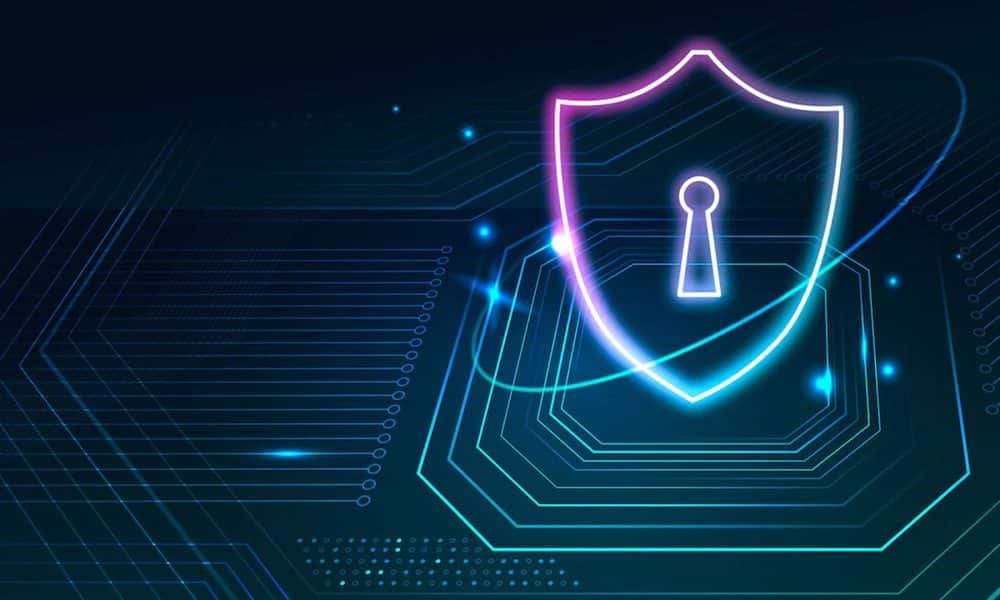Ransomware is a type of malicious software that encrypts the files on a computer or network and demands payment in exchange for the decryption key. It has become an increasingly common and costly threat in recent years, affecting individuals, businesses, and government organizations alike. In this article, we will explore the growing threat of ransomware and provide tips on how to prevent it from affecting you.
Types of Ransomware

There are two main types of ransomware: encrypting ransomware and locker ransomware. Encrypting ransomware encrypts the victim’s files, making them inaccessible until a ransom is paid. Locker ransomware, on the other hand, locks the victim out of their entire computer or device, making it unusable until the ransom is paid.
How Ransomware Works
Ransomware typically spreads through phishing emails, malicious websites, or infected downloads. Once it infects a device or network, it encrypts the files and displays a message demanding payment in exchange for the decryption key. The ransom is usually demanded in cryptocurrency, such as Bitcoin, to make it difficult to trace the payment back to the attacker.
Preventing Ransomware
Preventing ransomware requires a multi-layered approach. Here are some tips to help protect yourself:
- Back up your data regularly: Regularly backing up your data to an external hard drive or cloud storage service can help you recover your files if they are encrypted by ransomware.
- Use antivirus software: Antivirus software can detect and block ransomware before it can infect your device or network.
- Keep your software up to date: Updating your software can patch security vulnerabilities that ransomware may exploit to infect your device.
- Avoid suspicious emails and websites: Be cautious when opening emails or clicking on links from unknown senders. Avoid downloading software from untrusted websites.
- Use a firewall: A firewall can help block unauthorized access to your network.
What to Do If You Are Infected
If you suspect that your device or network has been infected with ransomware, do not pay the ransom. There is no guarantee that the attacker will provide you with the decryption key, and paying the ransom only encourages them to continue their illegal activities. Instead, seek the help of a professional IT security company or law enforcement agency.
Ransomware is a growing threat that can have devastating consequences. However, by taking the appropriate precautions and following the tips outlined in this article, you can help protect yourself from becoming a victim of ransomware. Remember to regularly back up your data, use antivirus software, keep your software up to date, and be cautious when opening emails or visiting websites from unknown sources. Stay safe!




